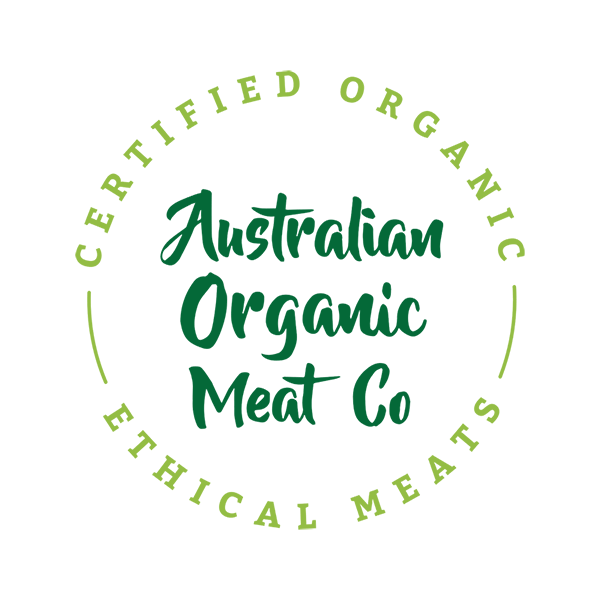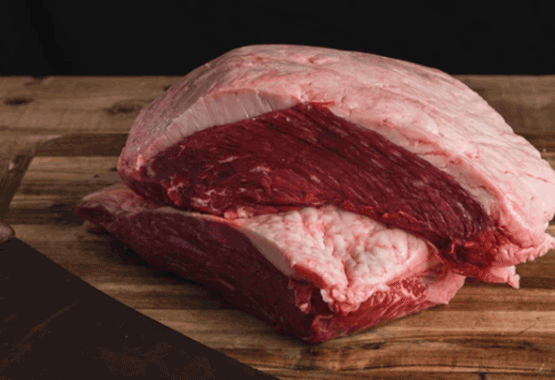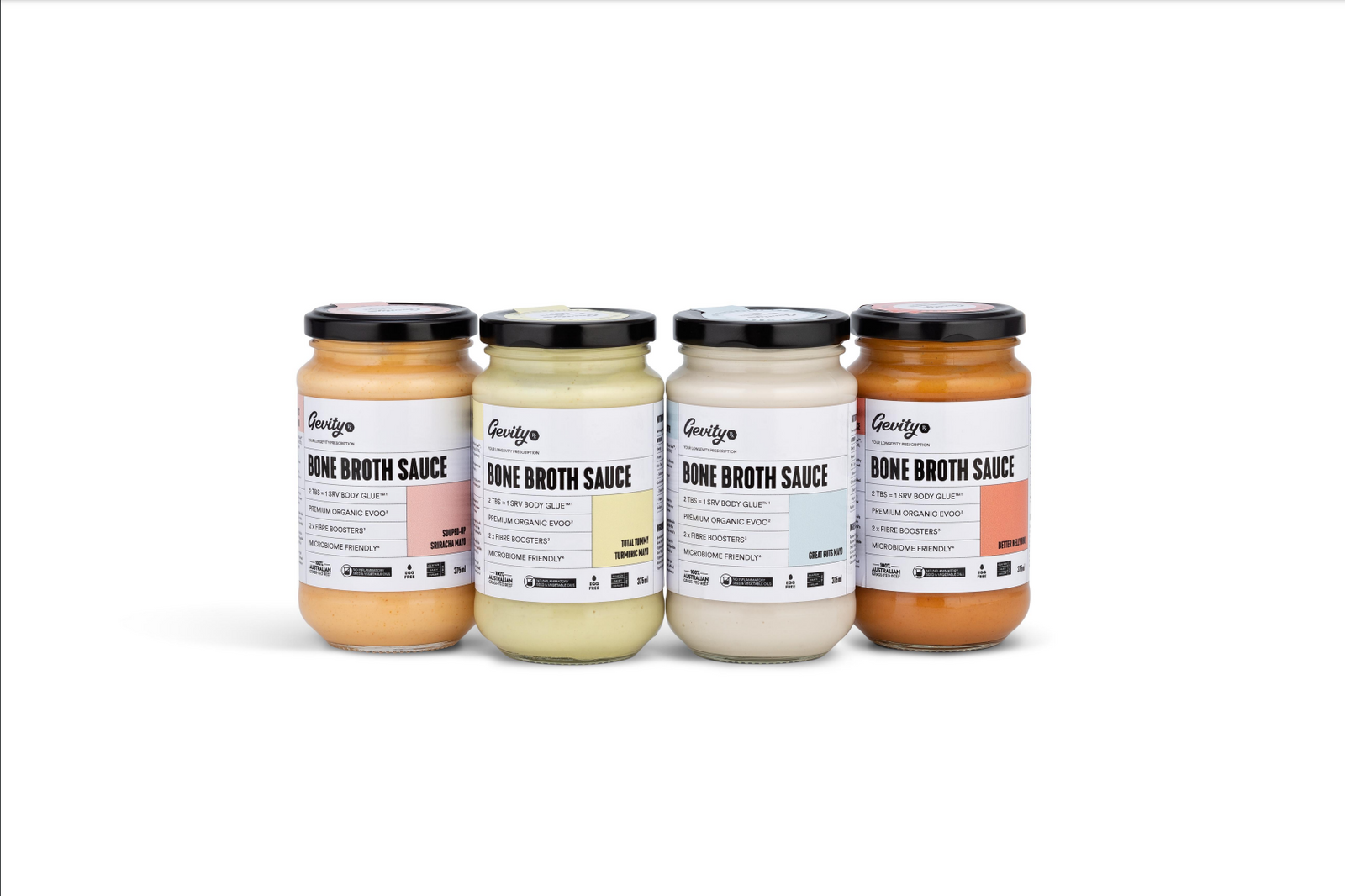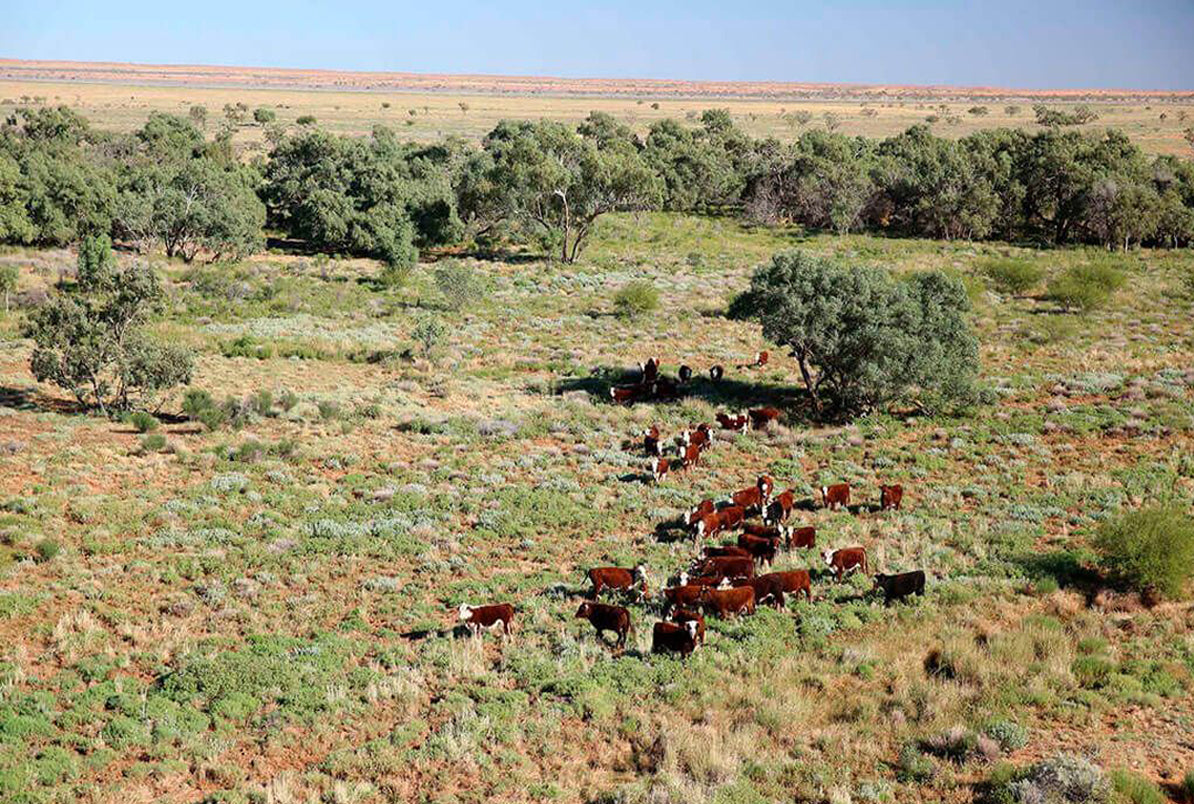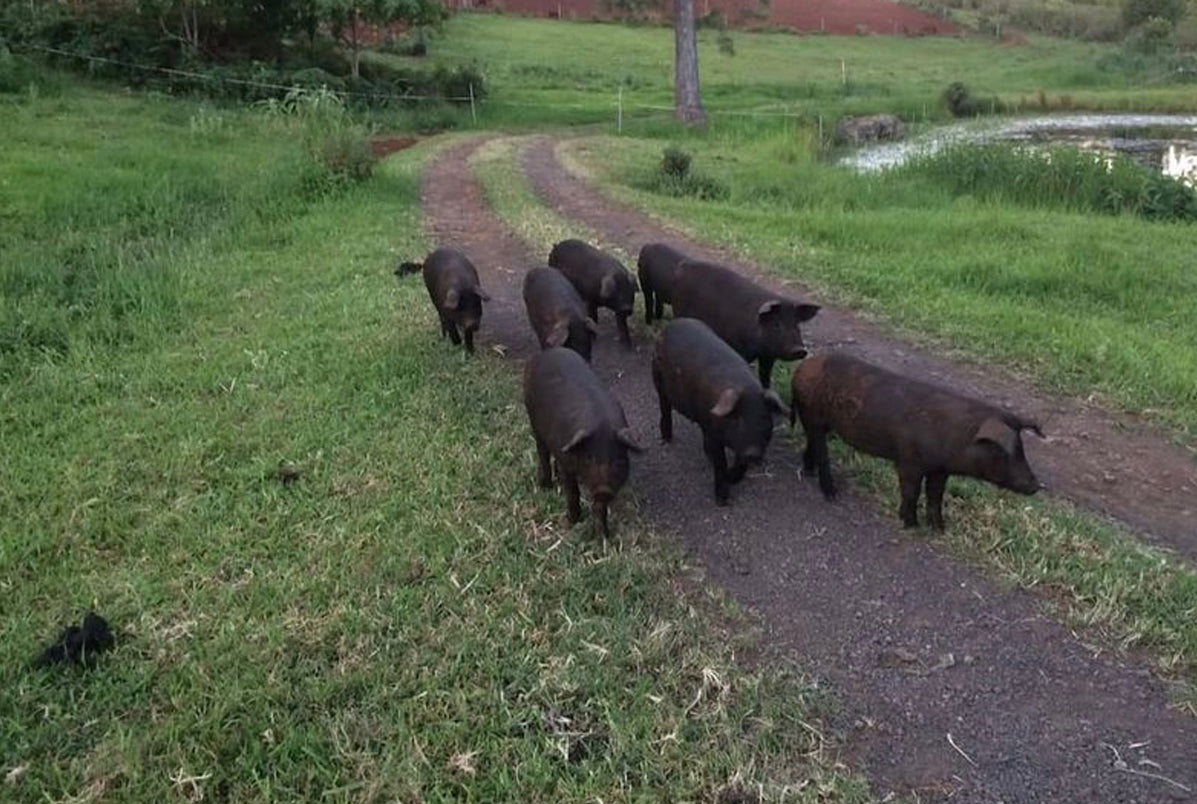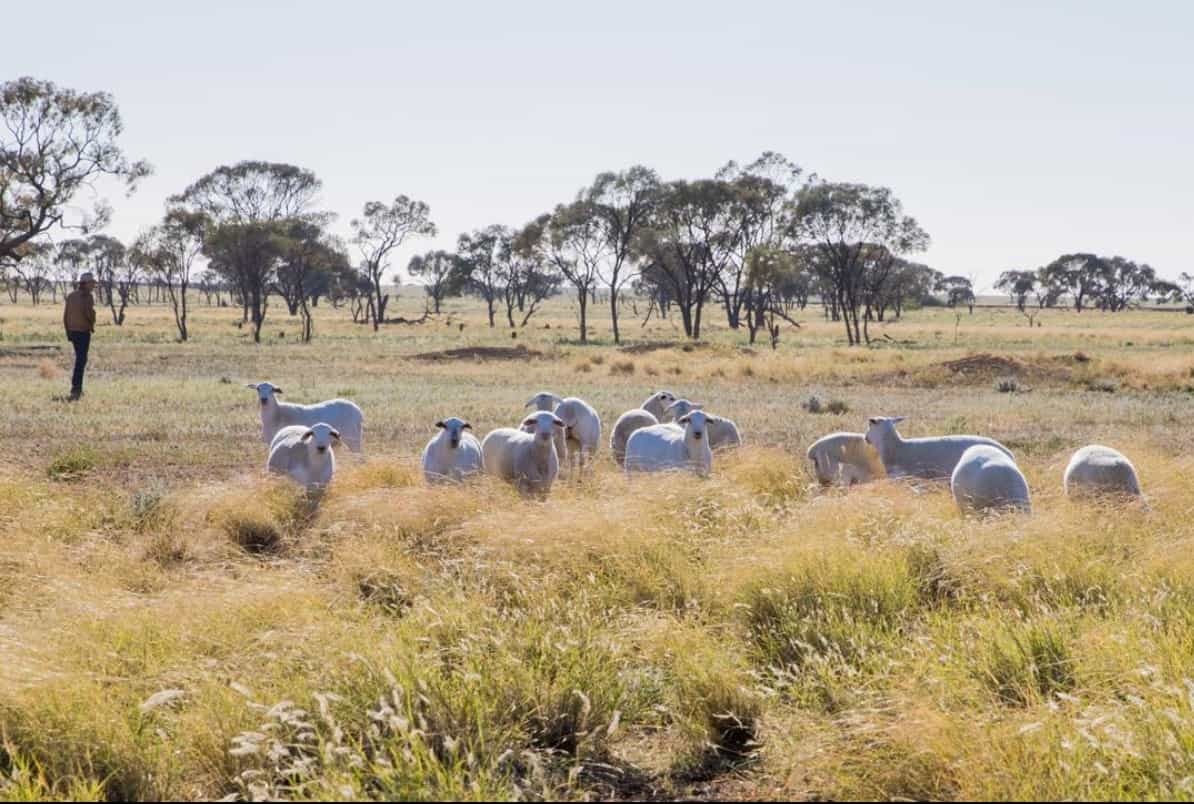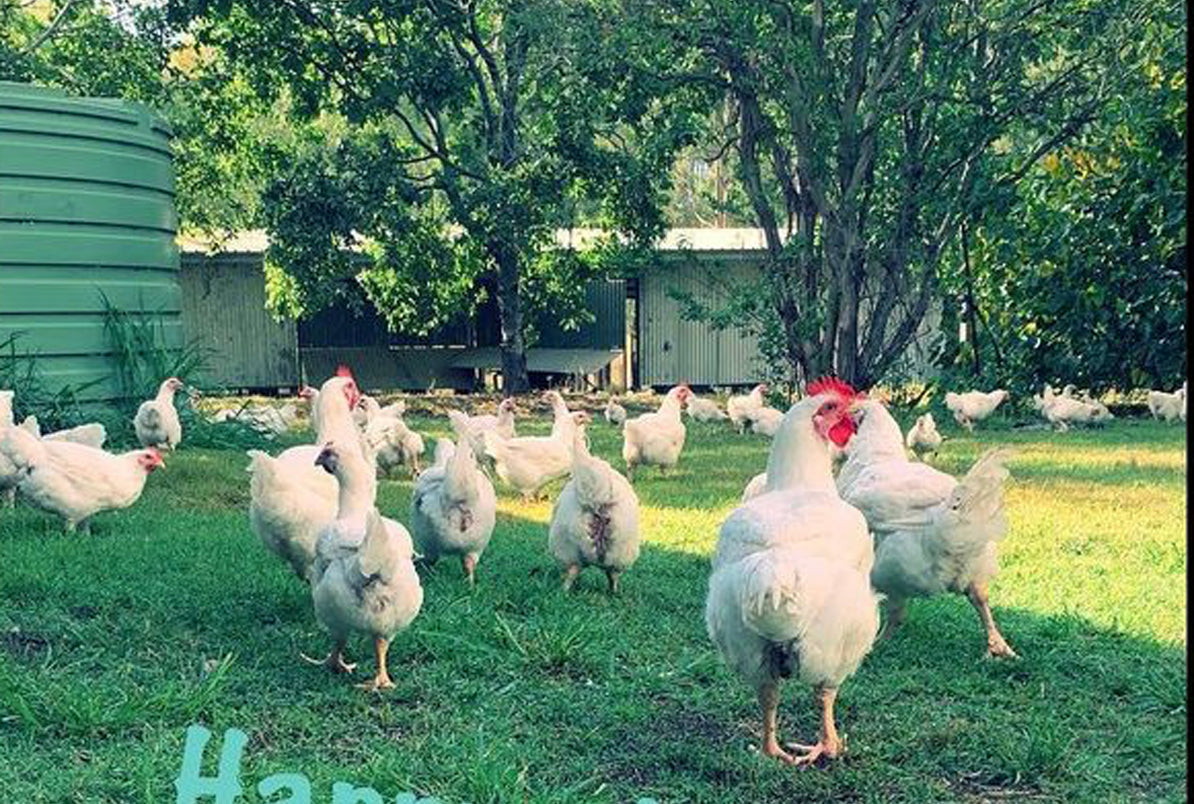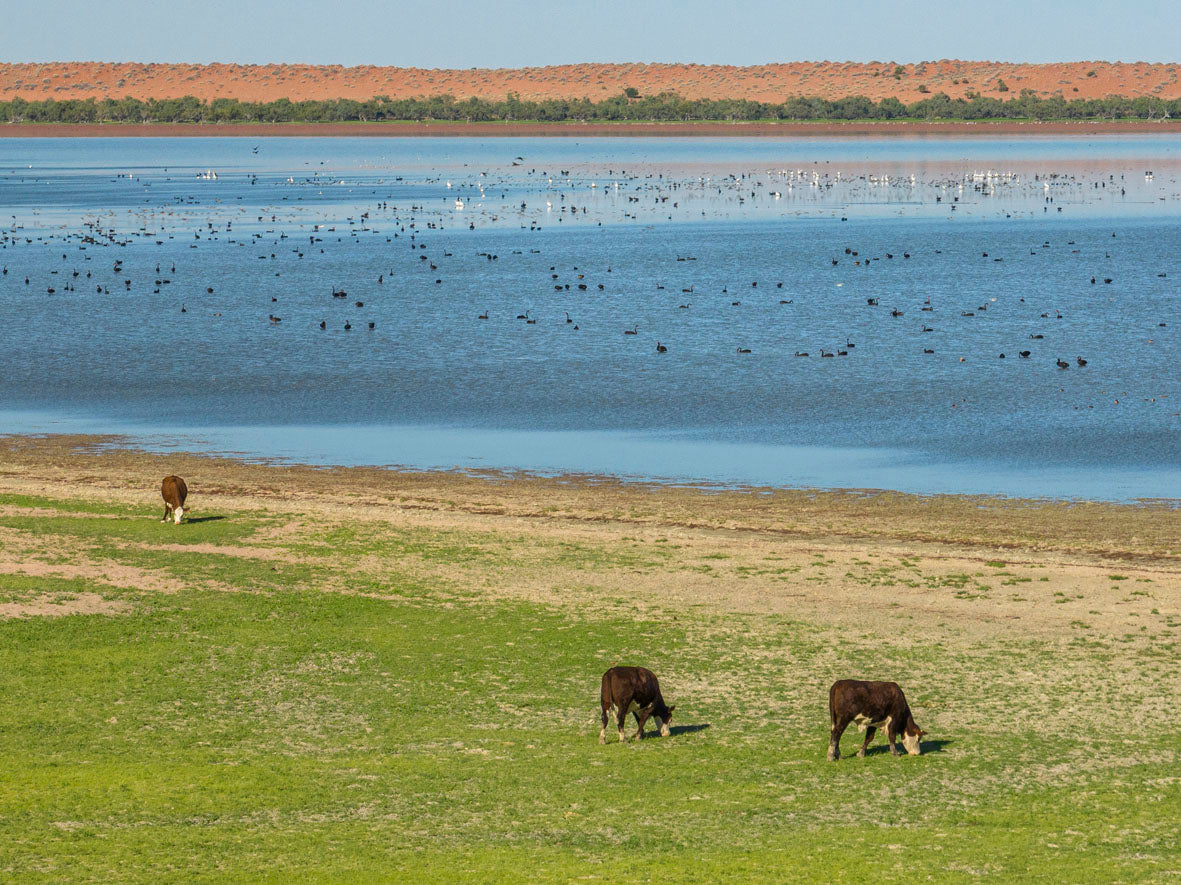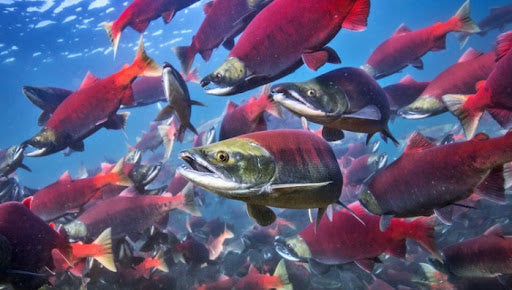
Wild caught salmon is becoming an increasingly popular choice among health-conscious consumers and seafood lovers alike. In this comprehensive guide, Australian Organic Meat Co. will highlight the many benefits of eating wild caught salmon.
We will explain the key differences between wild caught and conventional salmon, and why choosing wild caught is a smart investment for your health and the environment.
Our article will also showcase the range of wild caught salmon products available from Australian Organic Meat Co., giving you the opportunity to experience the many benefits for yourself.
Whether you're a seafood enthusiast or looking to make more health concious choices in your diet, this guide is a valuable resource for anyone seeking to improve their overall health and well-being.
What is wild caught salmon?

Wild caught salmon is a type of fish that is caught in its natural habitat, such as rivers, lakes, and oceans, using traditional fishing methods. These fish are not raised in farms or other controlled environments, but rather live freely in their natural habitat until they are caught.
This means that wild caught salmon have a diet that is natural and varied, consisting of plankton, smaller fish, and other aquatic organisms. The natural environment also ensures that wild caught salmon are rich in essential nutrients such as omega-3 fatty acids, vitamin D, and selenium, making them a highly nutritious food choice.
Additionally, wild caught salmon are often considered a more sustainable option than farmed salmon, as they do not contribute to the environmental issues associated with aquaculture, such as water pollution and disease outbreaks. As a result, many health-conscious consumers and seafood lovers prefer wild caught salmon as a healthier and more sustainable choice.
The health benefits of eating salmon caught in the wild
Eating salmon caught in the wild offers several impressive health benefits compared to farmed salmon. Firstly, it is typically leaner and has a higher protein content than farmed salmon, making it an excellent source of lean protein.
Additionally, wild caught salmon is rich in omega-3 fatty acids, which have been linked to numerous health benefits, including reducing inflammation, improving brain health and brain function, and lowering the risk of heart disease.
Wild caught salmon is more sustainable and environmentally friendly than farmed salmon, as it is caught in its natural habitat without the use of antibiotics, pesticides, or synthetic feeds. Choosing wild caught salmon over farmed salmon can benefit both your health and the planet.
Health benefits
Several health benefits of salmon is organically sourced and caught in the wild. Here are five;
High in omega-3 fatty acids
Salmon is considered a fatty fish, meaning wild caught salmon is an excellent source of omega-3 fatty acids, which can help reduce inflammation, prevent high blood pressure, and improve brain health and function. By consuming salmon, you may have less reliance on dietary supplements to get the same nutrients. Consuming salmon with healthy fats may also lead to greater bone health.
Rich in protein
Wild caught salmon is also an excellent source of protein, which is essential for building and repairing tissues in the body.
Low in contaminants
Wild caught salmon typically has far lower levels of contaminants, such as PCBs and mercury, compared to farmed salmon.
Good for heart health
The omega-3 fatty acids found in wild caught salmon may help reduce the risk of heart disease by reducing triglycerides, lowering blood pressure, and reducing the risk of arrhythmias.
May help reduce the risk of certain cancers
Some studies have suggested that the omega-3 fatty acids found in wild caught salmon may help reduce the risk of certain types of cancer, such as breast, prostate, and colorectal cancer.
The health benefits of salmon are incredibly well-researched. Increasing the amount of cooked salmon in your diet will ensure your diet is in good shape.
Environmental benefits
Eating wild caught salmon can have several environmental benefits, including;
Supporting Sustainable Fisheries
Wild caught salmon is often harvested in a sustainable manner, which means that it is caught at a rate that allows the fish populations to replenish themselves. This helps to ensure that the fisheries remain healthy and productive over the long term.
Reducing Environmental Impacts
Compared to farm raised salmon, wild caught salmon has a lower impact on the environment. This is because wild salmon doesn't require large amounts of feed or antibiotics, and it doesn't produce large amounts of waste that can pollute waterways.
Protecting Biodiversity
Wild caught salmon populations are an important part of the ecosystems in which they live. By consuming wild salmon, we can help to protect these populations and the biodiversity of the habitats in which they live.
Lower Carbon Footprint
Wild caught salmon typically has a lower carbon footprint compared to farmed salmon, which requires energy-intensive feed production and transportation.
Promoting Local Economies
Buying wild caught salmon can support local fishing communities and help to sustain traditional fishing practices. This can help to maintain a healthy balance between human activities and natural resources.
Overall, choosing to consume wild caught salmon can have positive environmental impacts by promoting sustainable fisheries, reducing environmental impacts, protecting biodiversity, and supporting local economies.
Salmon Benefits - Differences between wild caught and conventional salmon
There are several differences between wild caught salmon and farmed salmon. Wild caught salmon are fish that are caught in their natural environment, typically in the ocean, while farmed salmon are raised in pens or tanks in aquaculture facilities.
Farmed salmon has received criticism due to its negative environmental impacts and potentially harmful effects on human health. Here are some of the differences between the two;
Diet
Wild salmon feed on a natural diet of plankton, small fish, and other aquatic organisms. In contrast, farmed salmon are fed a diet of processed pellets that can contain antibiotics, pesticides, and other chemicals. This can result in higher levels of contaminants in farmed salmon.
Contamination
Farmed salmon are often raised in crowded conditions that can lead to the spread of diseases and parasites. To combat this, farmers use antibiotics and other chemicals, which can lead to antibiotic resistance and environmental contamination.
Environmental Impact
Farmed salmon production can have significant environmental impacts, including water pollution, destruction of natural habitats, and the use of non-renewable resources like fish meal and fish oil.
Nutritional Value
Wild caught salmon generally has a higher nutritional value than farmed salmon. This is because wild salmon have a more diverse diet and a higher level of physical activity, which leads to a higher concentration of omega-3 fatty acids and other important nutrients.
Taste and Texture
Wild caught salmon has a more complex and richer flavor compared to farmed salmon. Wild salmon also tends to be firmer and have a more appealing texture due to their natural diet and physical activity.
Farmed salmon is often raised in crowded, unnatural conditions that can result in a lower quality product with potentially harmful effects on the environment and human health. On the other hand, wild caught salmon is a more sustainable, healthy, and environmentally friendly option.
Why wild caught salmon is worth the investment
Investing in wild caught salmon is a wise choice. Firstly, wild salmon is an excellent source of high-quality protein, omega-3 fatty acids, vitamin D, and other essential nutrients that are important for maintaining optimal health.
In addition to its nutritional value, wild caught salmon has a superior taste and texture compared to farmed salmon. This is because wild salmon has a more varied and natural diet, and it exercises more, leading to firmer flesh and a richer, more complex flavor. Many people consider wild salmon a delicacy worth investing in. This difference is especially present when eating smoked salmon.
Furthermore, choosing wild caught salmon over farmed salmon has positive environmental impacts. Wild salmon is caught in its natural environment, meaning that it does not contribute to the pollution of waterways or the destruction of natural habitats that can result from fish farming. Purchasing wild salmon supports sustainable fishing practices and can help protect fish populations from overfishing.
While wild caught salmon can be more expensive than farmed salmon, the investment is well worth it for the numerous health benefits, superior taste and texture, and positive environmental impacts. By investing in wild salmon, we not only support sustainable fishing practices but also promote our own health and the health of the planet.
Where to buy wild caught salmon
If you're looking to buy (organic) wild caught salmon, there are a few places you can look. Some grocery stores and specialty food markets may carry wild caught salmon, but it can be hit or miss depending on where you live. Another option is to buy wild caught salmon online from a reputable retailer.
Australian Organic Meat Co offers a range of high-quality organic meat and sustainable seafood products, including the highest quality sockeye salmon. We are committed to sourcing our products from sustainable and ethical sources, and our wild caught salmon is no exception.
Our wild caught salmon is sourced from sustainable and ethical sources, and we take great care in ensuring that it is of the highest quality. We understand the importance of eating healthy and sustainable food, which is why we offer a range of high-quality organic products.
By purchasing from us, you can have peace of mind knowing that you are getting a high-quality product that is good for your health and the environment.

